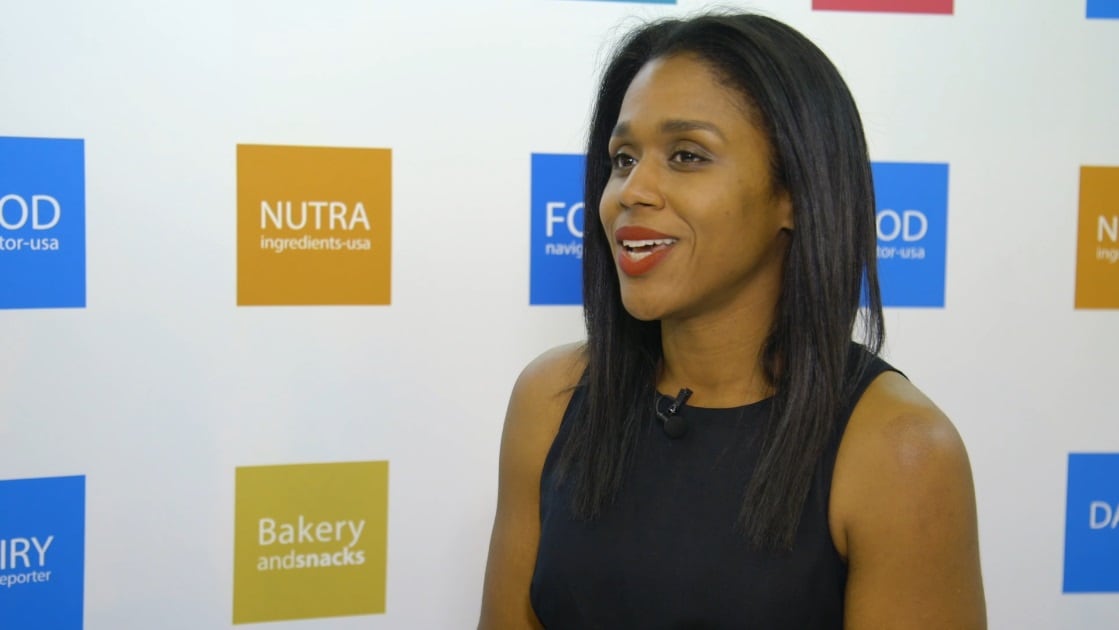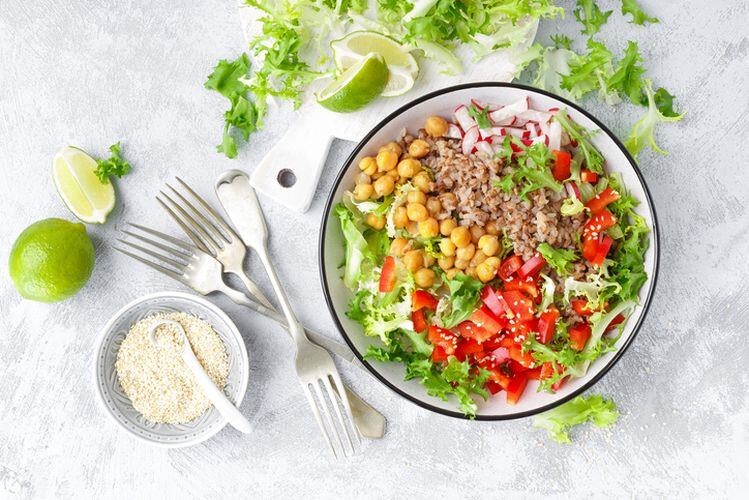Based on insights from registered dietitians, nutrition experts and consumer researchers, IFIC predicts in 2020 that the fad diets of the past will “lose popularity” and be “supplanted by more holistic and sustainable concepts, like intuitive eating, which rejects many of the tenets of fad diets, like ‘good foods’ and ‘bad foods.’”
IFIC explains that ‘intuitive eating’ was coined by the registered dietitians Evelyn Tribole and Elyse Resch, and is based on 10 principles, including rejecting the diet mentality that has served as the backdrop for many manufacturers’ marketing campaigns at the turn of each New Year, when many Americans recommit to healthy eating after weeks of indulgence during the holidays.
In addition to encouraging consumers to honor their hunger and make peace with food, this so-called ‘un-diet’ calls on followers to “challenge the food police,” and avoid categorizing food as good or bad – a shift that could lead to a backlash against traditional marketing campaigns centered on these messages.
But before companies overhaul their campaigns, they should consider the age of their target consumer.
According to IFIC’s 2019 Food and Health Survey, younger consumers are more likely to be familiar with intuitive eating than older shoppers. Specifically, it found 49% of those aged 18-34 knew about mindful eating compared to only 27% of consumers older than 50. This means more conventional dieting messaging may still play well with older shoppers, if not younger ones.
No trend is an island
Brands should also remember than no trend – even un-trends – exist in isolation and as such marketing messaging may need to be only subtly tweaked or more directly targeted to niche consumer groups to continue to resonate.
For example, while overt messaging about weight-loss or a specific diet may fall out of favor in 2020, messaging related to eating patterns that simultaneously are healthy for people and the planet will gain traction.
“In 2020, consumers will become more concerned about the role the food system plays in climate change, such as the effects of agricultural production, food waste and transportation of goods,” IFIC predicts, noting “environmental concerns will continue to drive greater adoption of plant-based diets.”
What consumers consider a plant-based diet, however, remains fluid – giving manufacturers across the board wiggle room to tap into the trend at varying levels.
According to IFIC, only a third of consumers consider a plant-based diet to be vegan and only 20% consider it to be vegetarian. Simultaneously, 30% believe it is a diet that emphasizes minimally processed foods from plants, with limited consumption of animal products, and 8% believe it focuses on eating as many fruits and vegetables as possible without also limiting animal-based products.
Innovative ingredients, processing techniques gain acceptance
Increasing interested in plant-based products also will lead to more plant-based alternatives to traditional animal-based products, such as milk and protein, which in turn will open the door for manufacturers to more openly use innovative technologies and ingredients, IFIC adds.
“Consumers’ comfort level with food technologies that add pleasure and benefits to our diet will increase,” clearing the road for products such as cell-based meat, it notes.
The flip side of this trend is a sub-section of Americans, more often older ones, will seek out more ingredients and brands with which they are already familiar, notes IFIC. For example, nearly two-thirds of consumers reported in IFIC’s 2019 Food and Health Survey that recognizing the ingredients in a product impacted their purchasing decision. Similarly, 70% of Americans said trust in a brand influenced their purchases.
This duality of values again shows how marketers may need only to fine-tune or more clearly target their messages, rather than overhaul them completely, to succeed in 2020.




